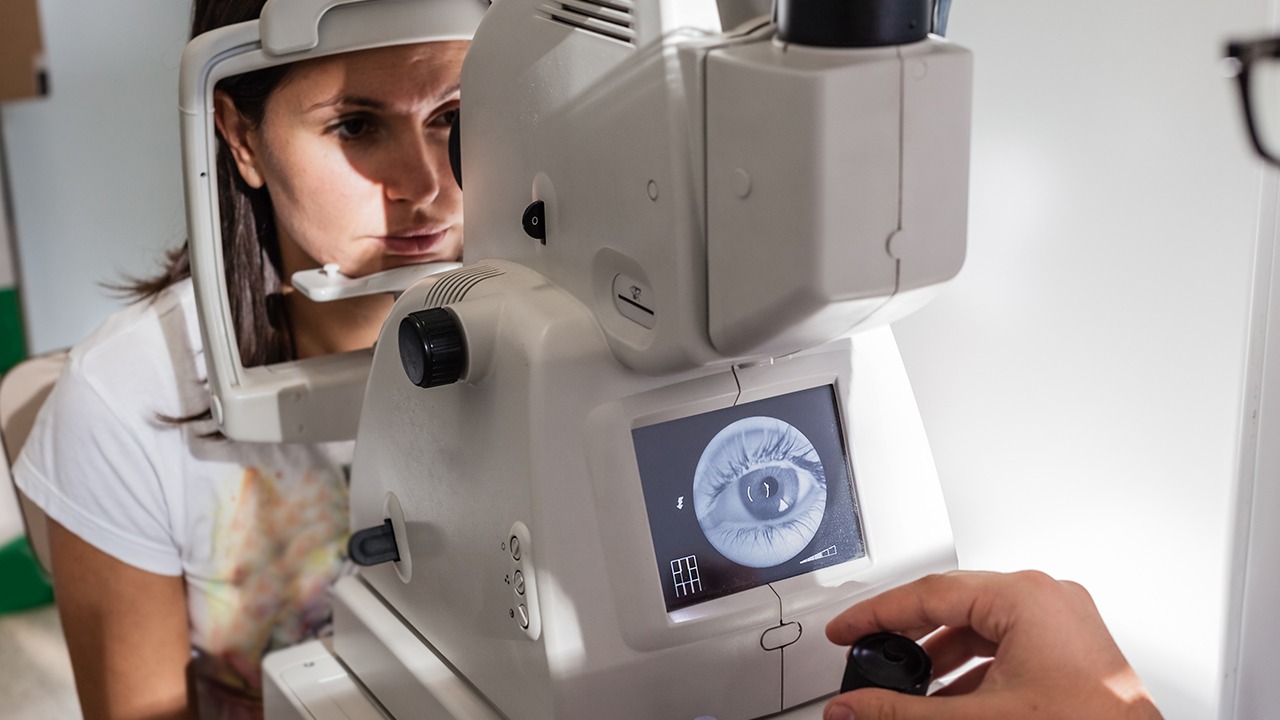What is the connection between ovulation and leucorrhea

Ovulation
Ovulation is the process by which a mature egg is released from one of the ovaries. It occurs once a month, usually around day 14 of the menstrual cycle. The egg travels down the fallopian tube, where it can be fertilized by sperm. If the egg is not fertilized, it is reabsorbed into the body.
Leucorrhea
Leucorrhea is a thin, white or clear vaginal discharge that is produced by the cervix. It is made up of cells, bacteria, and mucus. Leucorrhea is normal and helps to keep the vagina clean and healthy.
The connection between ovulation and leucorrhea
The levels of leucorrhea change throughout the menstrual cycle. They are lowest during the follicular phase, which is the time between menstruation and ovulation. They increase during the ovulatory phase, which is the time around ovulation. This is because the cervix produces more mucus during ovulation to help sperm reach the egg. After ovulation, the levels of leucorrhea decrease again.
The changes in leucorrhea can be used to track ovulation. By observing the changes in leucorrhea, women can identify their fertile window, which is the time when they are most likely to conceive.
Other factors that can affect leucorrhea
In addition to ovulation, other factors that can affect leucorrhea include:
Pregnancy
Breastfeeding
Infection
Certain medications
Stress
If you are concerned about changes in your leucorrhea, talk to your doctor.
When to see a doctor
See your doctor if you experience any of the following symptoms:
Leucorrhea that is thick, yellow, or green
Leucorrhea that has a foul odor
Leucorrhea that is accompanied by itching or burning
Leucorrhea that is heavy and interferes with your daily activities
These symptoms could be a sign of an infection or other medical condition.
Treatment for leucorrhea
Treatment for leucorrhea will depend on the underlying cause. If the leucorrhea is caused by an infection, your doctor will prescribe antibiotics or other medications. If the leucorrhea is caused by another medical condition, your doctor will treat the underlying condition.
Prevention of leucorrhea
There is no sure way to prevent leucorrhea. However, there are some things you can do to reduce your risk of developing an infection, which can lead to leucorrhea. These include:
Practice good hygiene. Wash your hands thoroughly before and after touching your genitals.
Avoid using harsh soaps or douches.
Wear cotton underwear.
Change your underwear daily.
Avoid sharing sex toys.
Get vaccinated against sexually transmitted infections.
The above is all the content that the editor wants to share with you. I sincerely hope that these contents can bring some help to your life and health, and I also wish that your life will be happier and happier.
Topic: #the #connection #what- • What is the relationship between kidneys and prostate
- • What to do if the umbilical cord wraps around your neck in late pregnancy
- • How to reduce the impact of colds on the fetus during pregnancy
- • The best dietary therapy for neonatal hypoxic-ischemic encephalopathy
- • Detailed explanation of the causes of neonatal hypoxic-ischemic encephalopathy













